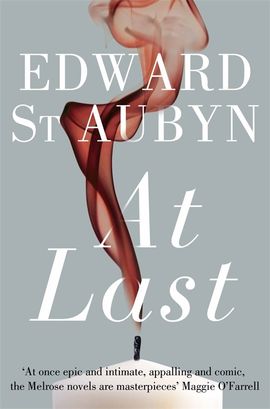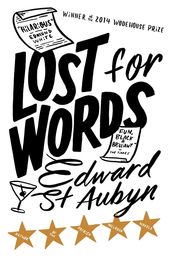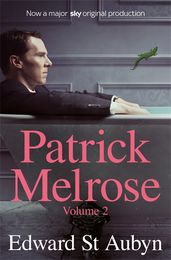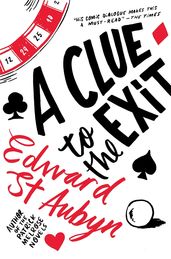
Synopsis
At Last is the fifth and final instalment of Edward St Aubyn's semi-autobiographical Patrick Melrose novels, adapted for TV for Sky Atlantic and starring Benedict Cumberbatch as aristocratic addict, Patrick.
As friends, relatives and foes trickle in to pay their final respects to his mother Eleanor, Patrick Melrose finds himself questioning whether a life without parents will be the liberation he has so long imagined. Yet as the memorial service ends and the family gathers one last time, amidst the social niceties and the social horrors, the calms and the rapids, Patrick begins to sense a new current: the chance of some form of safety – at last.
Details
Imprint: Picador
Reviews
‘This triumphant conclusion to St Aubyn’s sequence about boyhood traumas and adult tribulations fizzes with his astringent verbal flair and lethal ear for dialogue’ Peter Kemp, Sunday Times
‘Urgent emotional intensity, brilliant social satire . . . A terrifying, spectacularly entertaining saga’ James Lasdun, Guardian
'At once epic and intimate, appalling and comic, the Melrose novels are masterpieces' Maggie O'Farrell
‘Remarkable. St Aubyn’s books are at once extremely dark and extremely funny�’ Francine Prose, New York Times












